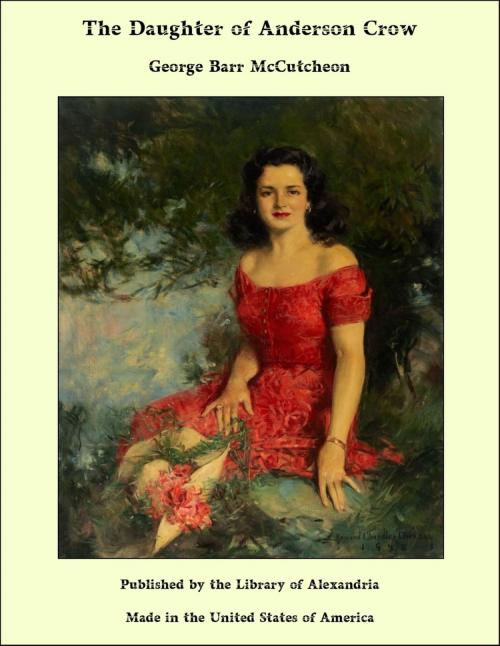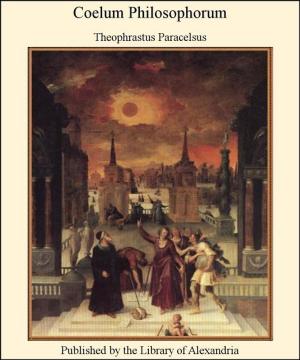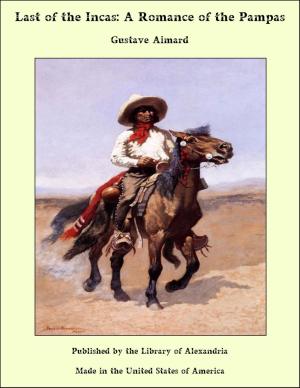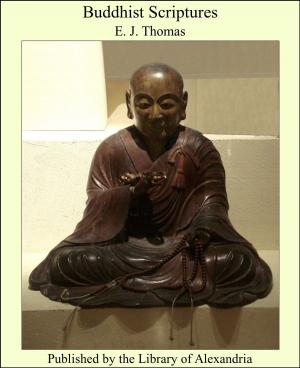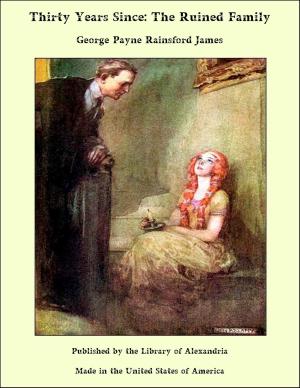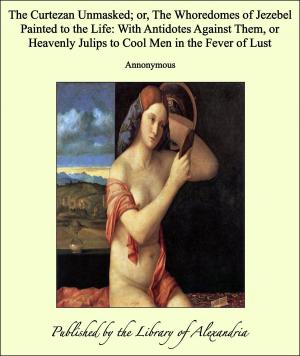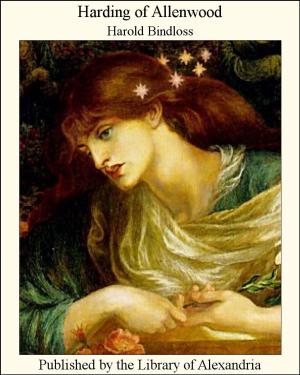The Daughter of Anderson Crow
Nonfiction, Religion & Spirituality, New Age, History, Fiction & Literature| Author: | George Barr McCutcheon | ISBN: | 9781465614308 |
| Publisher: | Library of Alexandria | Publication: | March 8, 2015 |
| Imprint: | Language: | English |
| Author: | George Barr McCutcheon |
| ISBN: | 9781465614308 |
| Publisher: | Library of Alexandria |
| Publication: | March 8, 2015 |
| Imprint: | |
| Language: | English |
He was imposing, even in his pensiveness. There was no denying the fact that he was an important personage in Tinkletown, and to the residents of Tinkletown that meant a great deal, for was not their village a perpetual monument to the American Revolution? Even the most generalising of historians were compelled to devote at least a paragraph to the battle of Tinkletown, while some of the more enlightened gave a whole page and a picture of the conflict that brought glory to the sleepy inhabitants whose ancestors were enterprising enough to annihilate a whole company of British redcoats, once on a time. Notwithstanding all this, a particularly disagreeable visitor from the city once remarked, in the presence of half a dozen descendants (after waiting twenty minutes at the post-office for a dime's worth of stamps), that Tinkletown was indeed a monument, but he could not understand why the dead had been left unburied. There was excellent cause for resentment, but the young man and his stamps were far away before the full force of the slander penetrated the brains of the listeners. Anderson Crow was as imposing and as rugged as the tallest shaft of marble in the little cemetery on the edge of the town. No one questioned his power and authority, no one misjudged his altitude, and no one overlooked his dignity. For twenty-eight years he had served Tinkletown and himself in the triple capacity of town marshal, fire chief and street commissioner. He had a system of government peculiarly his own; and no one possessed the heart or temerity to upset it, no matter what may have been the political inducements. It would have been like trying to improve the laws of nature to put a new man in his place. He had become a fixture that only dissolution could remove. Be it said, however, that dissolution did not have its common and accepted meaning when applied to Anderson Crow. For instance, in discoursing upon the obnoxious habits of the town's most dissolute rake—Alf Reesling—Anderson had more than once ventured the opinion that "he was carrying his dissolution entirely too far." And had not Anderson Crow risen to more than local distinction? Had not his fame gone abroad throughout the land? Not only was he the Marshal of Tinkletown at a salary of 200 a year, but he was president of the County Horse-thief Detectives' Association and also a life-long delegate to the State Convention of the Sons of the Revolution. Along that line, let it be added, every parent in Tinkletown bemoaned the birth of a daughter, because that simple circumstance of origin robbed the society's roster of a new name.
He was imposing, even in his pensiveness. There was no denying the fact that he was an important personage in Tinkletown, and to the residents of Tinkletown that meant a great deal, for was not their village a perpetual monument to the American Revolution? Even the most generalising of historians were compelled to devote at least a paragraph to the battle of Tinkletown, while some of the more enlightened gave a whole page and a picture of the conflict that brought glory to the sleepy inhabitants whose ancestors were enterprising enough to annihilate a whole company of British redcoats, once on a time. Notwithstanding all this, a particularly disagreeable visitor from the city once remarked, in the presence of half a dozen descendants (after waiting twenty minutes at the post-office for a dime's worth of stamps), that Tinkletown was indeed a monument, but he could not understand why the dead had been left unburied. There was excellent cause for resentment, but the young man and his stamps were far away before the full force of the slander penetrated the brains of the listeners. Anderson Crow was as imposing and as rugged as the tallest shaft of marble in the little cemetery on the edge of the town. No one questioned his power and authority, no one misjudged his altitude, and no one overlooked his dignity. For twenty-eight years he had served Tinkletown and himself in the triple capacity of town marshal, fire chief and street commissioner. He had a system of government peculiarly his own; and no one possessed the heart or temerity to upset it, no matter what may have been the political inducements. It would have been like trying to improve the laws of nature to put a new man in his place. He had become a fixture that only dissolution could remove. Be it said, however, that dissolution did not have its common and accepted meaning when applied to Anderson Crow. For instance, in discoursing upon the obnoxious habits of the town's most dissolute rake—Alf Reesling—Anderson had more than once ventured the opinion that "he was carrying his dissolution entirely too far." And had not Anderson Crow risen to more than local distinction? Had not his fame gone abroad throughout the land? Not only was he the Marshal of Tinkletown at a salary of 200 a year, but he was president of the County Horse-thief Detectives' Association and also a life-long delegate to the State Convention of the Sons of the Revolution. Along that line, let it be added, every parent in Tinkletown bemoaned the birth of a daughter, because that simple circumstance of origin robbed the society's roster of a new name.
